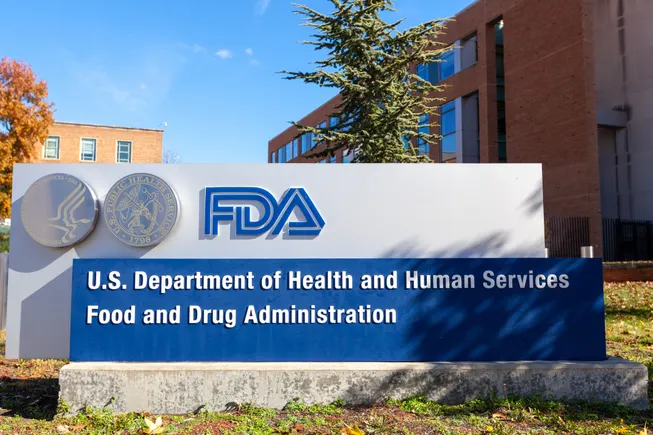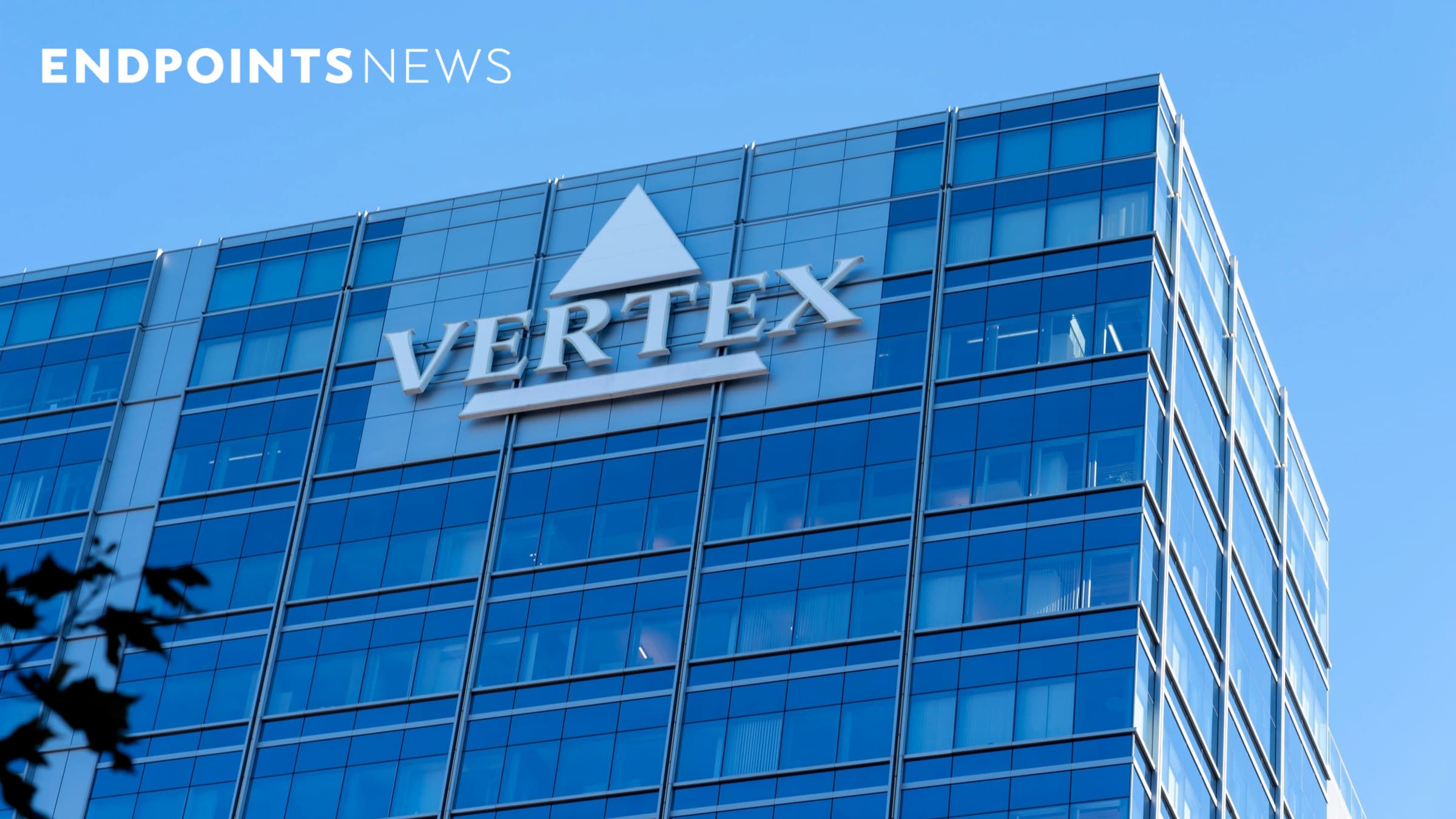Welcome BioPharmaPulse Readers
Hello and welcome to another edition of BioPharmaPulse! Today, we delve into pivotal developments shaping the biopharmaceutical landscape. Let's explore the innovations and shifts that are redefining healthcare.
What's in this issue:
- 🧬 Unpacking the FDA's recent gene therapy regulatory shake-up
- 💉 Discover how a new cell therapy is changing the game for type 1 diabetes
- 🌟 Insights into Novo Nordisk's promising obesity drug data
- 🧠 Why Alzheimer's treatments face hurdles in the UK
Quote of the Day
"The science of today is the technology of tomorrow." — Edward Teller
Latest Developments
🧬 Gene Therapy Faces Fresh Uncertainty as Two More Top FDA Officials Depart (1 minute read)

Rundown: The abrupt departure of two high-ranking FDA officials, Nicole Verdun and Rachael Anatol, has stirred concerns within the biotech community. Their exit raises questions about the future direction of gene therapy regulation under new FDA leadership.
Key Points
- 🔹 Nicole Verdun and Rachael Anatol, key figures in gene therapy oversight, have left the FDA.
- 🔹 Their departure follows recent changes in the FDA's approach to gene therapy approvals.
- 🔹 Industry stakeholders worry about potential delays and uncertainties in gene therapy development.
- 🔹 The FDA has yet to announce successors or detail impact on pending applications.
Why it matters: These changes at the FDA could significantly affect the pace at which novel gene therapies reach patients. Stability in regulatory guidance is crucial for biopharma companies navigating the complex approval process for cutting-edge treatments.
💉 #ADA25: Vertex's Diabetes Cell Therapy Allows 10 Patients to Come Off Insulin (1 minute read)

Rundown: Vertex Pharmaceuticals revealed promising results from their Phase I/II trial of a novel cell therapy for type 1 diabetes. Impressively, 83% of participants no longer required insulin injections one year post-treatment.
Key Points
- 💊 10 out of 12 patients were insulin-independent after one year.
- 💊 The therapy involves infusing patients with lab-grown pancreatic islet cells.
- 💊 Participants showed improved blood glucose control and reduced hypoglycemia risk.
- 💊 Represents a potential functional cure for type 1 diabetes.
Why it matters: This breakthrough could transform the lives of millions living with type 1 diabetes, reducing reliance on insulin and improving quality of life. It marks a significant step towards developing a lasting solution for this chronic condition.
🌟 Full Data on Novo Nordisk’s New Amylin Drug Raise Dosing Questions (1 minute read)

Rundown: Novo Nordisk presented detailed results for their next-generation obesity medication targeting the amylin hormone. While the drug showed significant weight loss potential, the data revealed similar efficacy across doses and notable side effects.
Key Points
- ⚖️ Patients experienced substantial weight loss at various dosing levels.
- ⚖️ High rates of gastrointestinal side effects were observed.
- ⚖️ The lack of dose-dependent response raises questions about optimal dosing.
- ⚖️ Further studies are needed to balance efficacy and tolerability.
Why it matters: With obesity rates rising globally, effective treatments are in high demand. Novo Nordisk's findings may influence future obesity therapies, but addressing side effects is crucial for patient acceptance and long-term success.
Question of the Day
🤔 What do you think is the most critical factor in advancing gene therapy treatments?
Trending
🏭 Early-Stage Investor Syncona Readjusts Priorities Due to Bleak Biotech Market
- Syncona is shifting its investment focus amidst challenging market conditions, prioritizing companies with near-term value over early-stage ventures.
💼 Prothena to Lay Off Majority of Staff; Zealand Shares Obesity Drug Data
- Following a failed amyloidosis drug trial, Prothena announces a 63% workforce reduction and explores strategic options.
Industry Insight
🌐 Navigating Regulatory Changes in Gene Therapy Development
Staying ahead in gene therapy requires understanding the evolving regulatory landscape. With recent shifts at the FDA, companies must prioritize compliance and proactive communication with regulators.
Emphasizing robust clinical trial designs and transparency can help mitigate uncertainties. Collaborating with regulatory experts early in development can pave the way for smoother approvals.
Quick Hits
🧠 UK's NICE Says Alzheimer’s Drugs Aren't Worth National Coverage (1 minute read)
- The UK health agency NICE has determined that the benefits of new Alzheimer's drugs do not justify their costs, impacting Biogen and Eli Lilly's treatments.
🧪 Off-the-Shelf Stem Cell Therapy for Type 1 Diabetes Shows Positive Results (1 minute read)
- A study reveals that 10 out of 12 patients no longer needed insulin after receiving an off-the-shelf stem cell therapy.
🌏 FDA Blocks New Clinical Trials That Ship Cells from US to China (1 minute read)
- The FDA halts trials exporting US patients' cells to China for genetic engineering, citing security concerns.
💊 CHMP Recommends Five New Drugs, Reconsiders Eli Lilly’s Kisunla (1 minute read)
- The EMA's CHMP supports five new medicines and begins re-evaluating Eli Lilly's Alzheimer’s drug Kisunla.
👩⚕️ FDA to Biotech CEOs: US Is Lagging Behind on Early-Stage Trials (1 minute read)
- FDA officials acknowledge the need to accelerate reviews to keep pace internationally, highlighting concerns from biotech leaders.
Wrap Up
Thank you for joining us on this journey through the latest in biopharmaceutical innovation. It's an exciting time in our industry, with breakthroughs and challenges that will shape the future of healthcare.
Stay informed, stay curious, and let's continue exploring these developments together. If you enjoyed this issue, please share BioPharmaPulse with your colleagues and friends.
Until next time,
Elliot Reeves | BioPharmaPulse
😊 How did you like today's email?
- 😀 Loved it
- 🙂 It was OK
- 😕 Could be better
